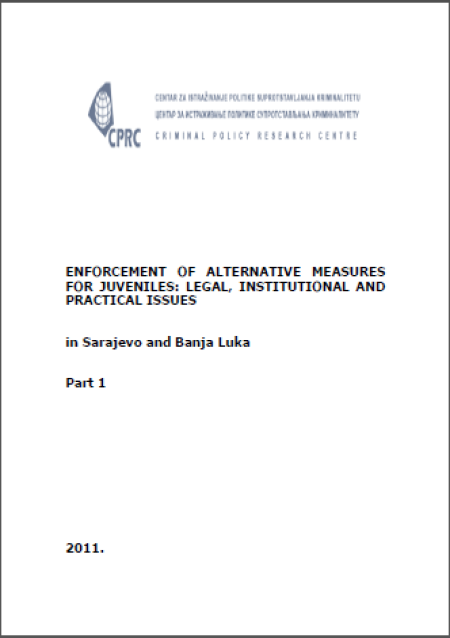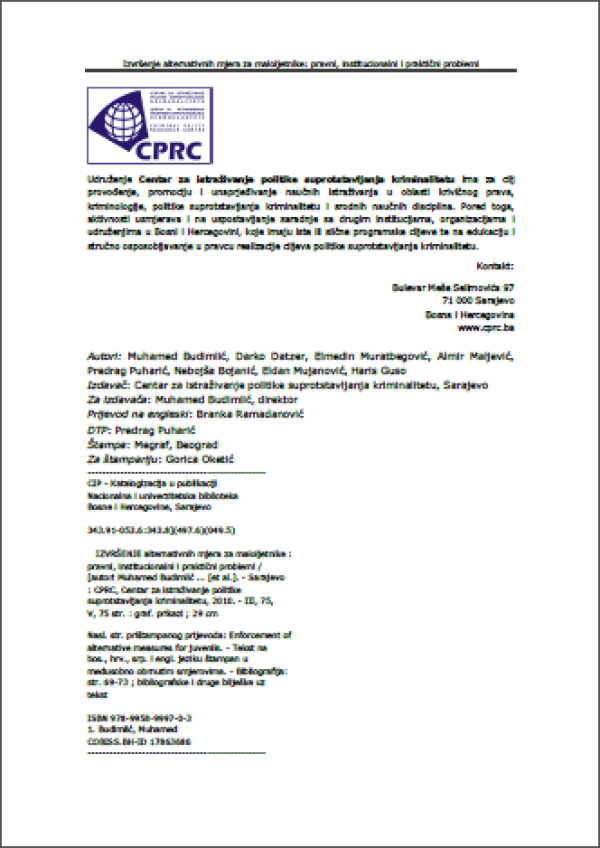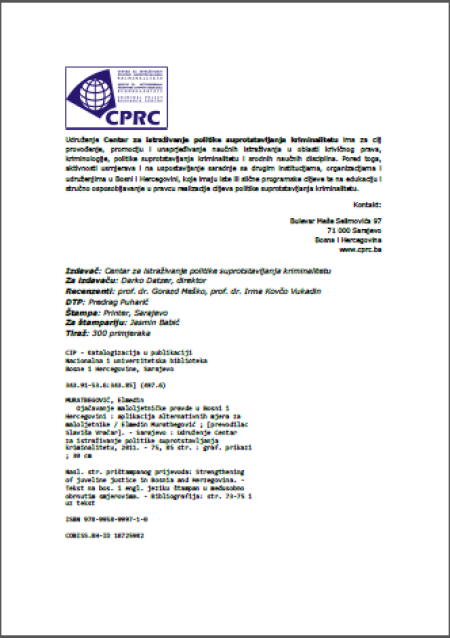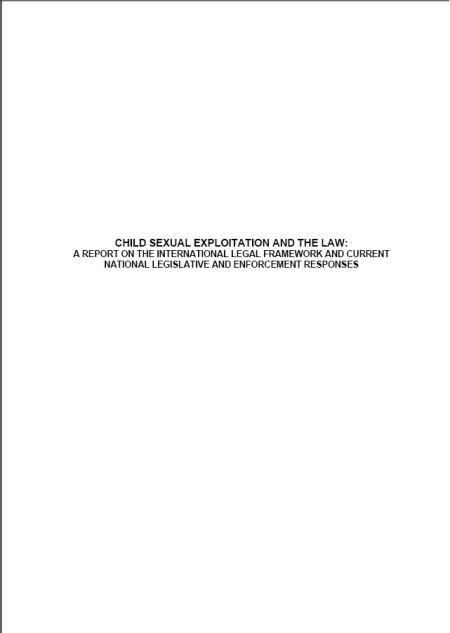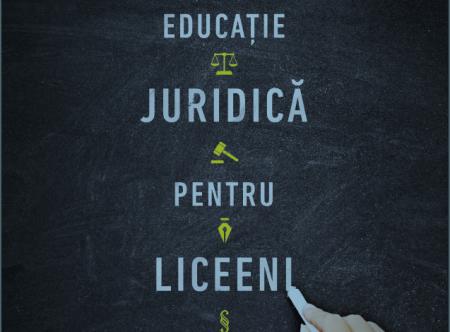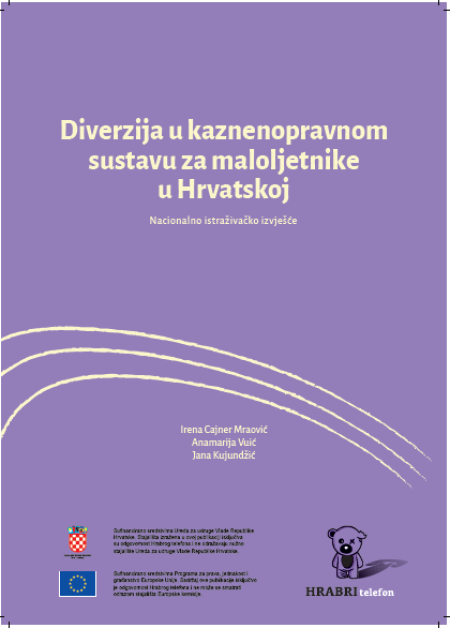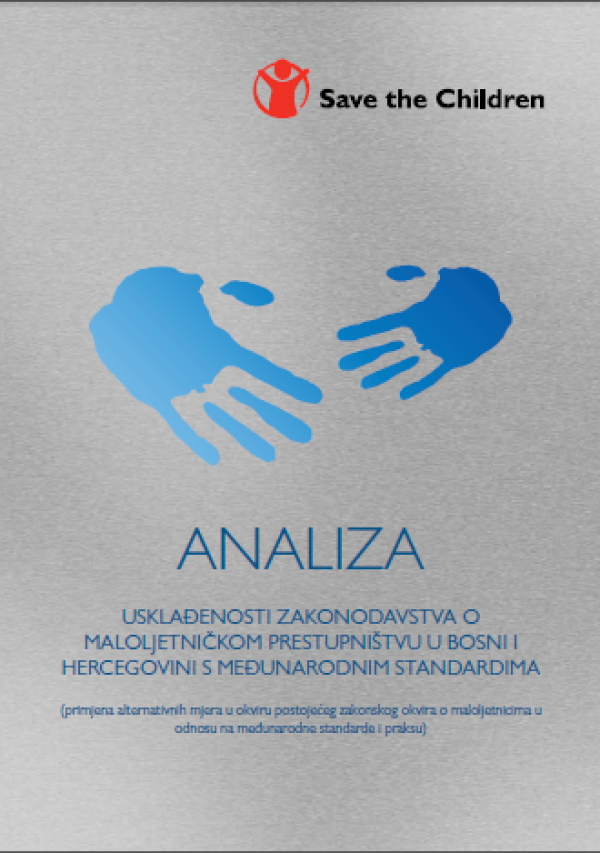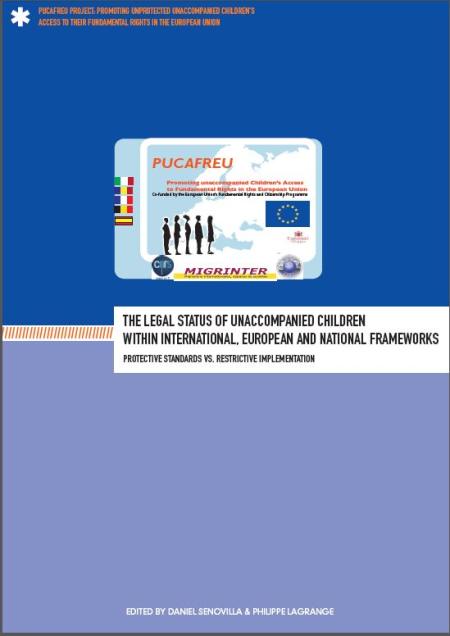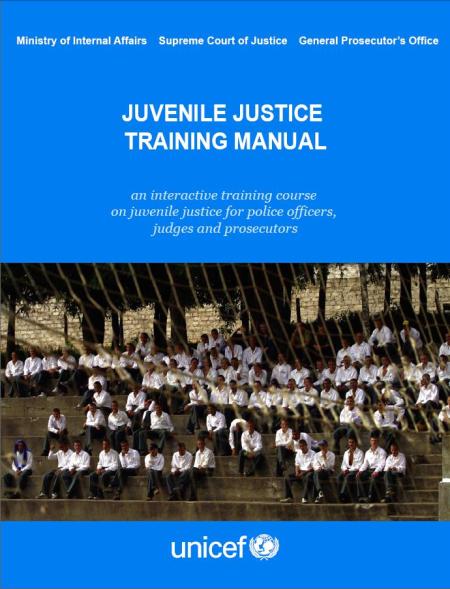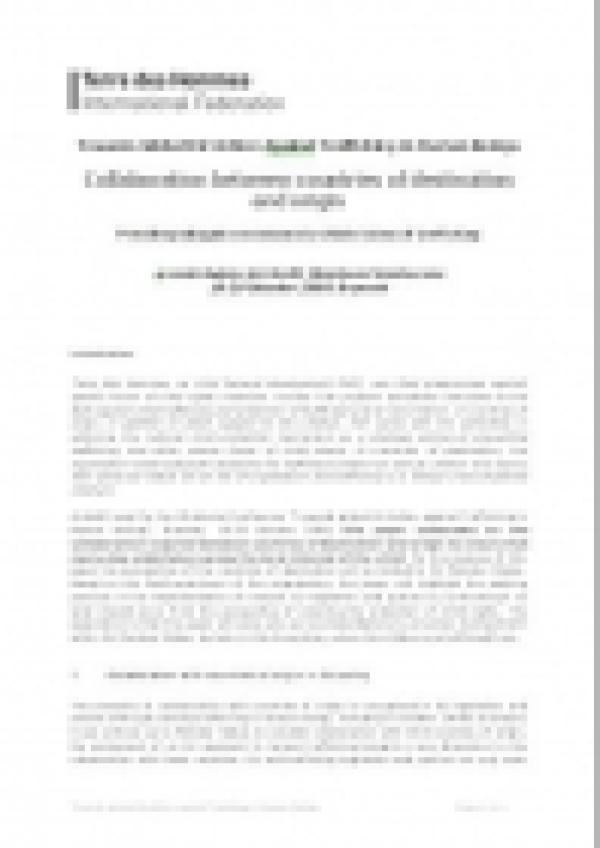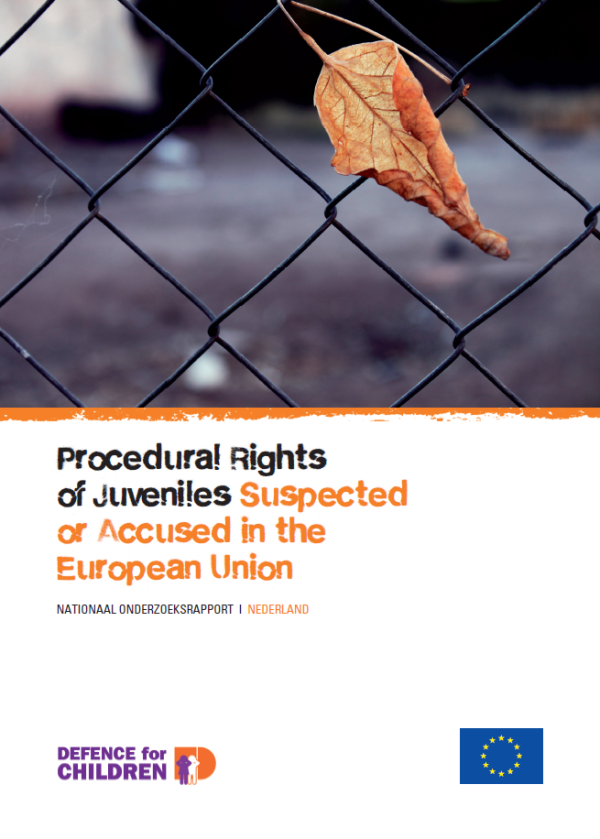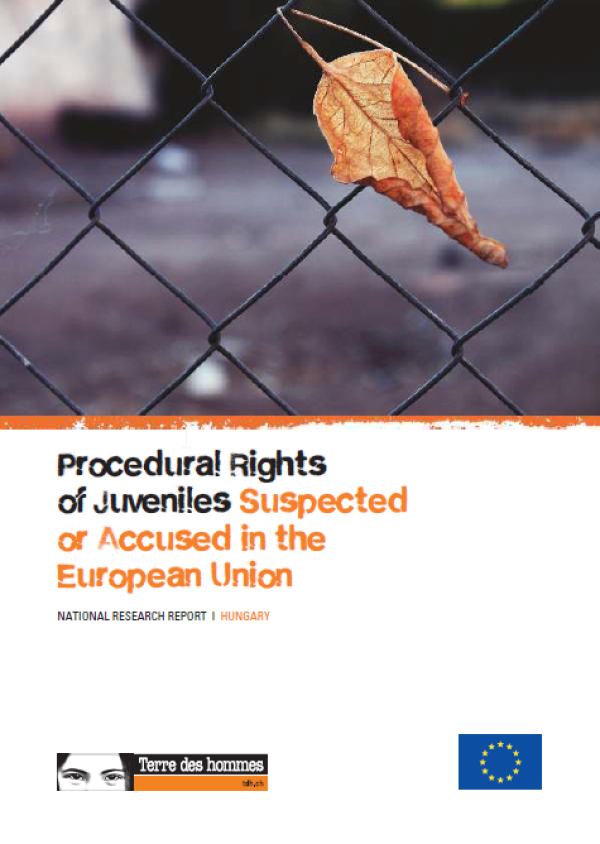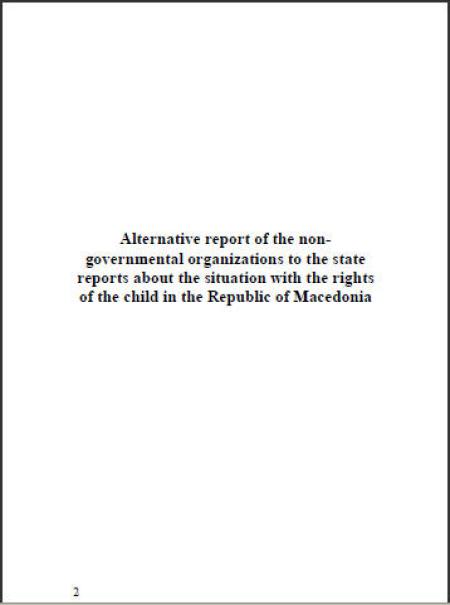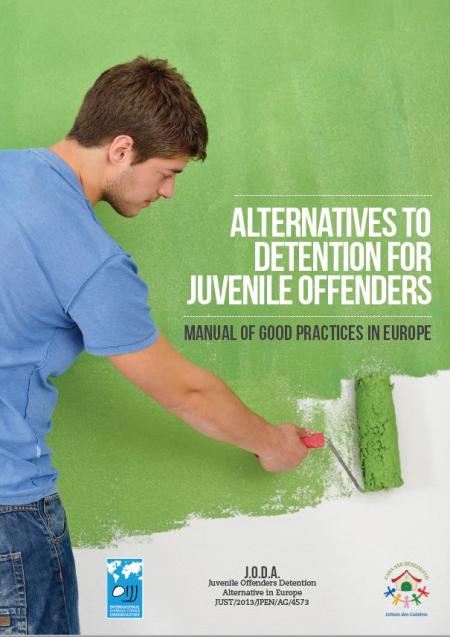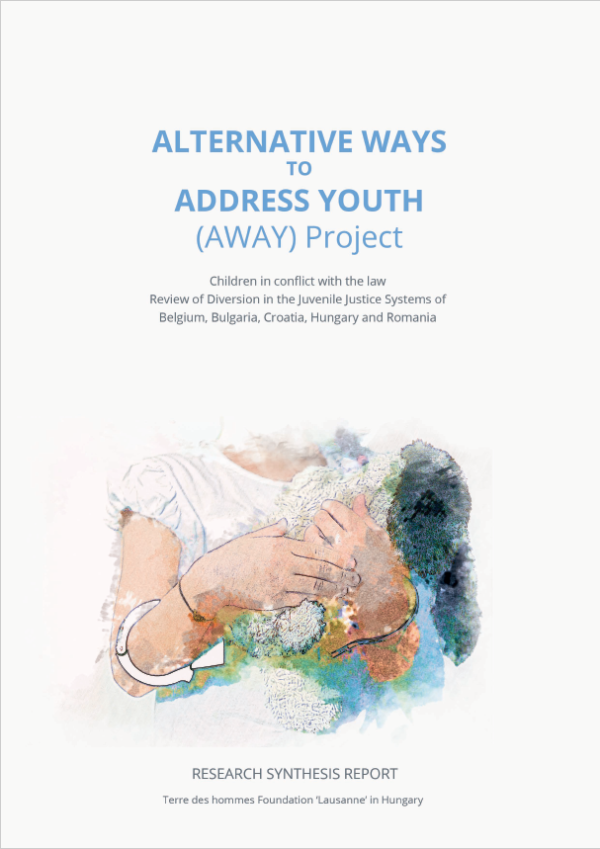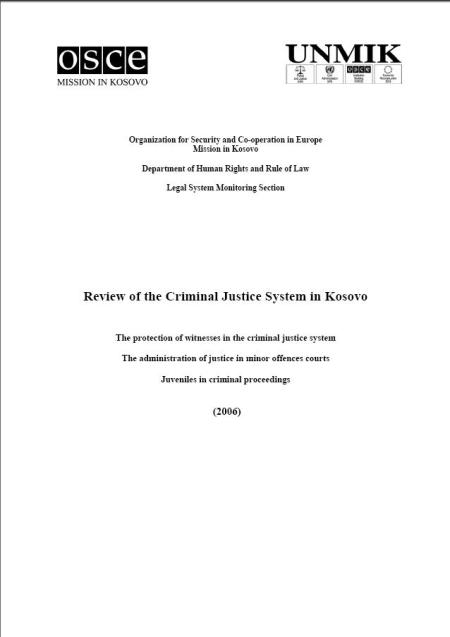
This paper presents the findings of research carried out over the period of May-October 2009, in Sarajevo and Banja Luka. It highlights the present implementation of legal standards for the administration of juvenile justice as expressed both in national and international legislation and analyses public opinion about the implementation of the alternative measures in these two cities.
The research objectives were:
- Analysis of legal and institutional treatment of juvenile delinquency and
- The analyses of attitudes of citizens, pupils, social workers and NGO employees.
The first phase of the survey pertained to the analysis of criminal law provisions addressing the issue of juvenile delinquency with a special reference to alternative (non-prison) forms of response. The first part encompasses the analysis of international legal enactments governing the above issues, which provides us with a better insight and allows us to single out the international standards pertaining to the treatment of juveniles and children registered as perpetrators of crimes. The second part provides an analysis of domestic legislation governing the issue of substantive, procedural and enforcement criminal law response to juvenile delinquency. This study endeavors to give a greater understanding of the perception of public opinion about the juvenile justice system’s treatment in Bosnia and Herzegovina.
The report contains Survey on attitudes of citizens, school pupils, social workers and NGO employees concerning pronunciation and implementation of alternative measures, of the needs and responsibilities of actors involved in criminal offence perpetrated by juvenile, on sanctioning of the juvenile offenders and on the acceptability of alternative measures. Finally, urgent recommendations are made to key stakeholders for the implementation of alternative measures in juvenile justice system.
Survey had shown that it cannot be claimed that there is a big tendency of citizens to express more pessimistic opinion on the prevalence of juvenile delinquency than the pupils themselves. Furthermore, the raising public concern is prevalence of delinquency with elements of force among juveniles. In addition, there are statistically significant differences between citizens and pupils in terms of positions towards the explanation as the need of the injured party, the compensation of damage, provision of support by the local community, involvement of the state in rehabilitation of the juvenile, and revenge. Pupils are more prone to revenge and confrontation and explanation of the reasons for perpetration of the crime and citizens are more prone to involvement of the society and compensation of damage. In case of violent behavior of a juvenile, confrontation with the issue seems to win the most acceptance of the public, followed by training how to control aggressive behavior and the least acceptable is rejection of alternative manner of response and sending of the juvenile to prison.


